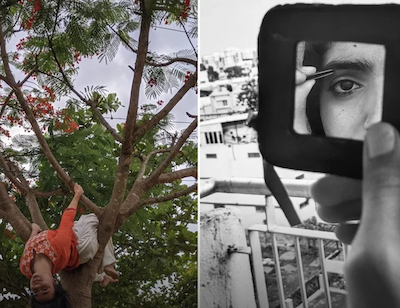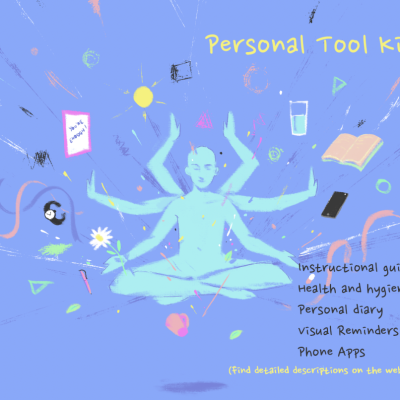burnout
India has a severe shortage of mental health professionals and the experiences of counsellors like Kapoor raise the question of whether there is a wave of therapist burnout in the country. Unfortunately, there has been no research to indicate the extent of the problem in India.
Continuing with our theme of self-care being about sustaining ourselves, our work, our movements, keeping the fires lit, and relating with love to ourselves, in our mid-month issue we bring you more articles looking at self-care from different perspectives – individual, queer, activist, collective, organisational, not necessarily separated, or in this order, of course.
While we are struggling with the vicissitudes brought on by the pandemic we are also forced to spend more time online, to look for resources in terms of health care or caregivers, to reach out to people and build a communities of care, to take a break, or to try and hook-up online for a while.
My journal has many entries that are speculative and fantastic. Writing about the mundane leads me to question the way the world operates and from there I frog-leap into a world of ideas where I imagine a radically different way of being. In my journal, I imagine a politics of care, community, and compassion. I become grand, valuable, and unstoppable, even in a world where I am sometimes made to feel small.
Just as capitalism has learned how to co-opt feminism into its model, it has done the same to ‘wellness’, so much so it has become an industry of its own. Mental wellbeing, no matter how necessary and important it is, remains a luxury with more than half of our country either unaware of available mental health resources or not in a position to even afford therapy.
My self-care journey has only just begun and I have a long way to go. I do have bouts of self-doubt, anxiety, and panic, and I still go through periods of feeling overwhelmed. However, more than anything, I have learnt that self-care, for me, is a subversive act, and caring for myself gives me the strength to challenge the status quo and play my part in social justice movements.
Inspired to collect photographs of women spending time by themselves and for themselves after a conversation with her mother’s friend, Surabhi Yadav began the project, Women at Leisure.
But self-care is not a clean and happy procedure, it is not definitively achievable when systematically explored. To understand the scope of self-care we need to see the ‘dark side’ of the landscape, and destroy the versions of self-care that denounce our plurality. In this fight, the only outcome can be a recognition of experiences beyond the wellness narrative structured around the neoliberal agenda. This article is an attempt at foregrounding some aspects of self-care that decentralise the prevalent commodification of it.
But self-care is not a clean and happy procedure, it is not definitively achievable when systematically explored. To understand the scope of self-care we need to see the ‘dark side’ of the landscape, and destroy the versions of self-care that denounce our plurality. In this fight, the only outcome can be a recognition of experiences beyond the wellness narrative structured around the neoliberal agenda. This article is an attempt at foregrounding some aspects of self-care that decentralise the prevalent commodification of it.
The pandemic has put us through interesting times, to say the least – of reflecting, learning, realigning, thinking about what really matters, a time to pause and care for ourselves with kindness. At TARSHI, we’re just delighted to have been able to do the same – while also sharing something of what we’ve learnt with you.
In a country like India where both mental health and non-binary identities are topics that are neglected despite being essential parts of an individual’s identity, it can be quite challenging to navigate through issues regarding the same. Accessibility to affordable and quality mental health services is a serious difficulty that the queer Indian population faces.










